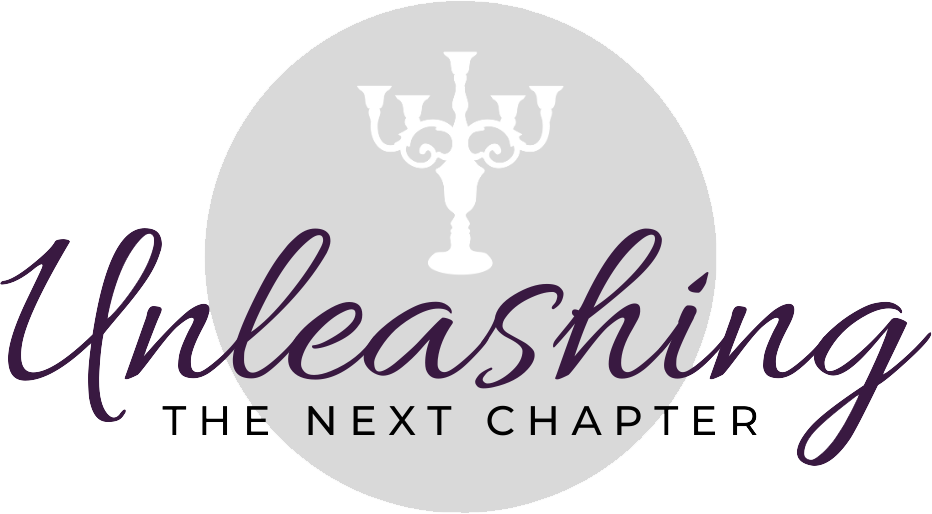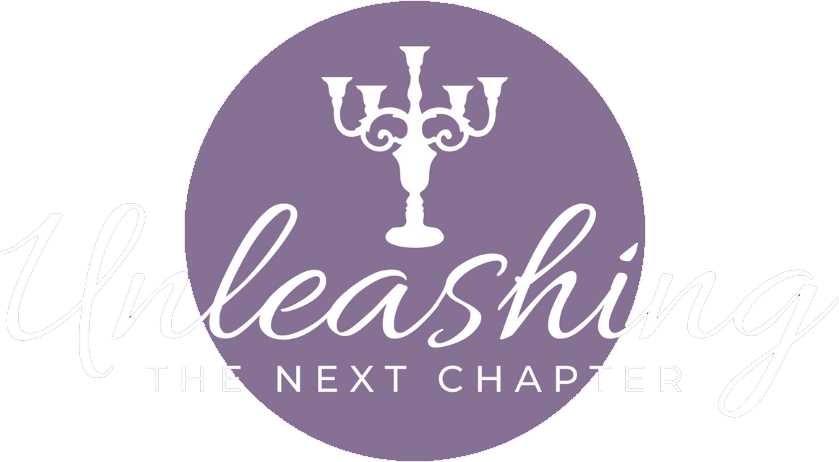“What would you attempt to do if you knew you could not fail?”
― Robert H. Schuller
This question repeatedly popped up over the last month. It inspires dreaming. If I couldn’t fail… If money wasn’t an issue… If I had no one else to consider… What would I do? Do you know what you would do? I asked many classes that question over the years, and am often saddened by the large number who don’t know. Many chose their major to make a parent happy, because a teacher thought they might be good at it, or they were undecided. What breaks my heart even more is when I ask adults this question, people who have invested twenty years or more in their careers, who are miserable, yet never thought about the alternatives.
I challenge you to start 2014 by deciding what you really want your life’s work and accomplishments to be. Give it time and thought. One day you will be old and retired and only have memories to entertain you. Make them good memories. After I became disabled I had to leave my dream profession–there are not enough words to tell you all the ways I loved teaching college English! After realizing I was going to live, and I was not going to spend the next forty years watching daytime television, I asked myself that question again. If I knew I couldn’t fail, what would I do? I love to write almost as much as I loved to teach. If I knew I couldn’t fail, that’s what I would do. Even if I did fail, writing still beat watching daytime TV. That was the middle of 2010. I spent the rest of that year trying to figure out how to accomplish this new venture. I needed a goal and a plan.
I know everyone is blogging about goal setting and New Year’s Resolutions this week, but while working through the process for 2014, I discovered that I have achieved many of my goals for 2013. Twenty years ago (just writing that makes me feel old) I did corporate training in goal setting and time management. Much has changed—I apologize to everyone I taught to multi-task—but many things have proven beneficial, and I have learned some new things since then.
I learned New Year’s Resolutions are useless for me. I will break every resolution in forty-eight hours or less. By resolving to do something it’s do or die, and since I can’t do it perfectly I’m left feeling like a failure. Yet for some reason the word “goal” inspires me to work toward something. In my mind a goal is something that is inherently difficult and that I will have to strive toward over time. It doesn’t matter if I fail repeatedly as long as I continue making an effort and getting closer to the goal. This year, I am seeing articles on the internet encouraging people to forget about resolutions and goals, and simply focus on systems or routines. If I think really hard, that makes some sense. But I need the goal in order to determine what routines or systems are required.
If you have never set and achieved personal goals, there are a lot of great resources available. I encourage you to start with 7 Habits of Highly Effective People by Dr. Stephen Covey, MindTools, or Michael Hyatt’s website. Take some time to work through the process of coming up with your goals if you are serious about investing an entire year to achieve them. Then break each one into smaller goals; here is where the system or routine comes into play. For example, losing fifty pounds is a crazy hard goal, but if you focus on exercising four times per week and eating more fruits and vegetables in order to lose five pounds per month, the goal becomes less scary and more do-able. Make sure to celebrate when you attain those smaller goals.
Each goal should be SMART: Specific, Measurable, Actionable, Reasonable, and Time-bound.
- If your goal is vague, you won’t complete it. Be as specific as possible.
- If you can’t measure your success, how will you know if you accomplished it? If your goal is to write in your journal five days a week, and you only wrote on average three times per week, you didn’t fail, you were 60% successful. That’s a start.
- Actionable means you need to do something. I try to start each goal with a positive action verb, rather than “thou shalt not” statements. Eat, walk, play, write, clean, worship, create … these are all active verbs encouraging me to do something.
- Reasonable is self-explanatory, but it is always surprising when I see students’ goals that, due to the laws of physics governing space and time, are impossible to accomplish. If your goal isn’t reasonable, it’s a dream not a goal.
- Finally, make it time-bound so you know what you need to do in a day, week, month, or year. I want to accomplish each of my goals in a year, but I also break them down into smaller chunks so I can measure my progress.
Based on Steven Covey’s example, try to balance goals in categories: physical, mental, emotional, social, spiritual, professional, etc. In 2013 I set four goals in four of those categories. This year I set two goals in each of the six categories. This keeps me well-rounded; otherwise I find I get obsessive over one area of my life.
Another reason I was successful in 2013 is because I did a monthly check-in, and I posted those monthly results on Facebook where friends and family held me accountable. Some months were more successful than others and I got a lot of virtual high-fives. Other months were less successful and friends encouraged me and gave me additional tips and suggestions to get back on track. In addition to social media, surround yourself with those who have similar goals. To achieve my writing goals, I attend my local writers’ guild meetings, critique groups, and mystery writers’ programs.
So what are your SMART goals for 2014? Here’s wishing it’s your best year ever!



Leave A Comment